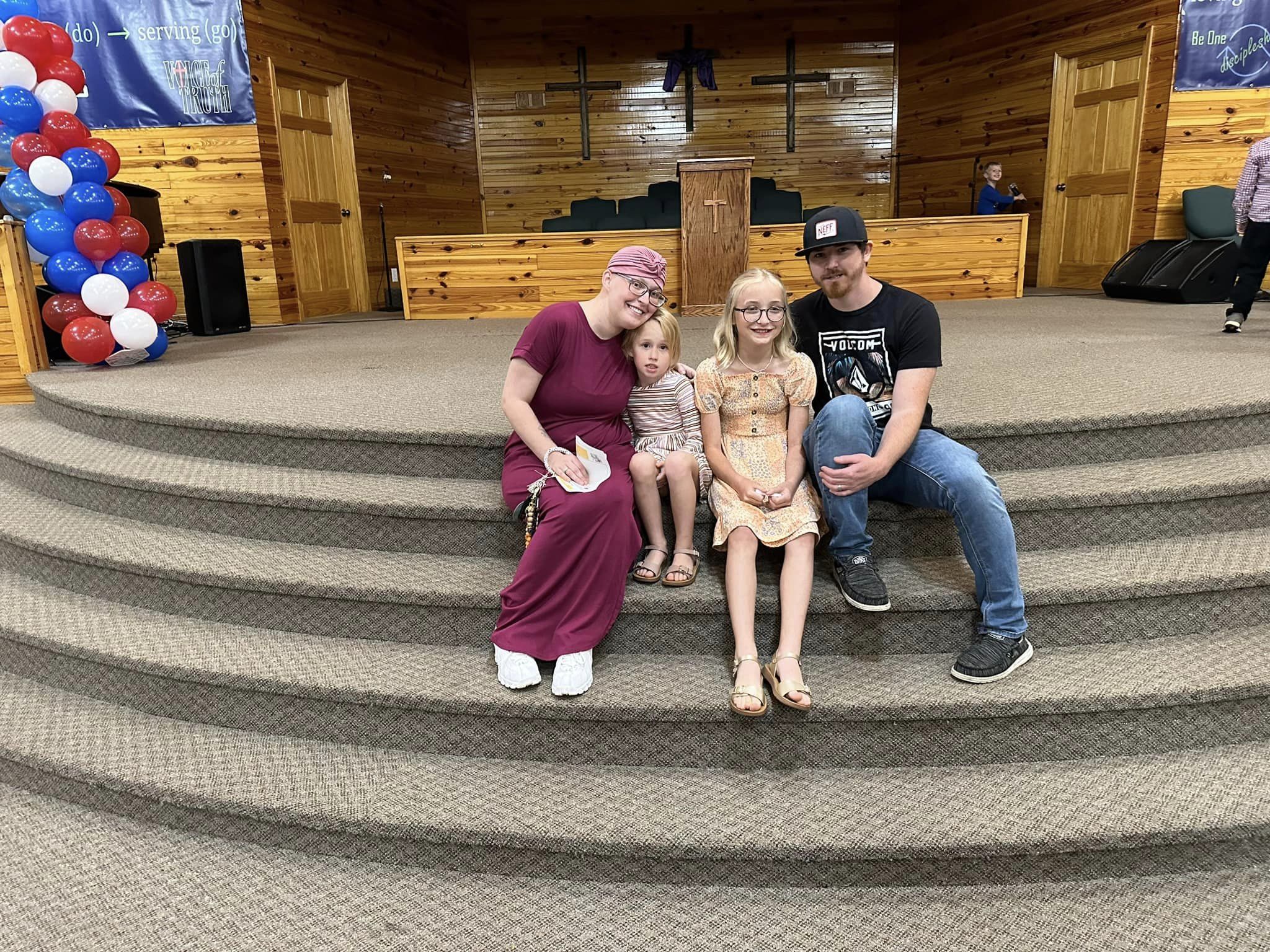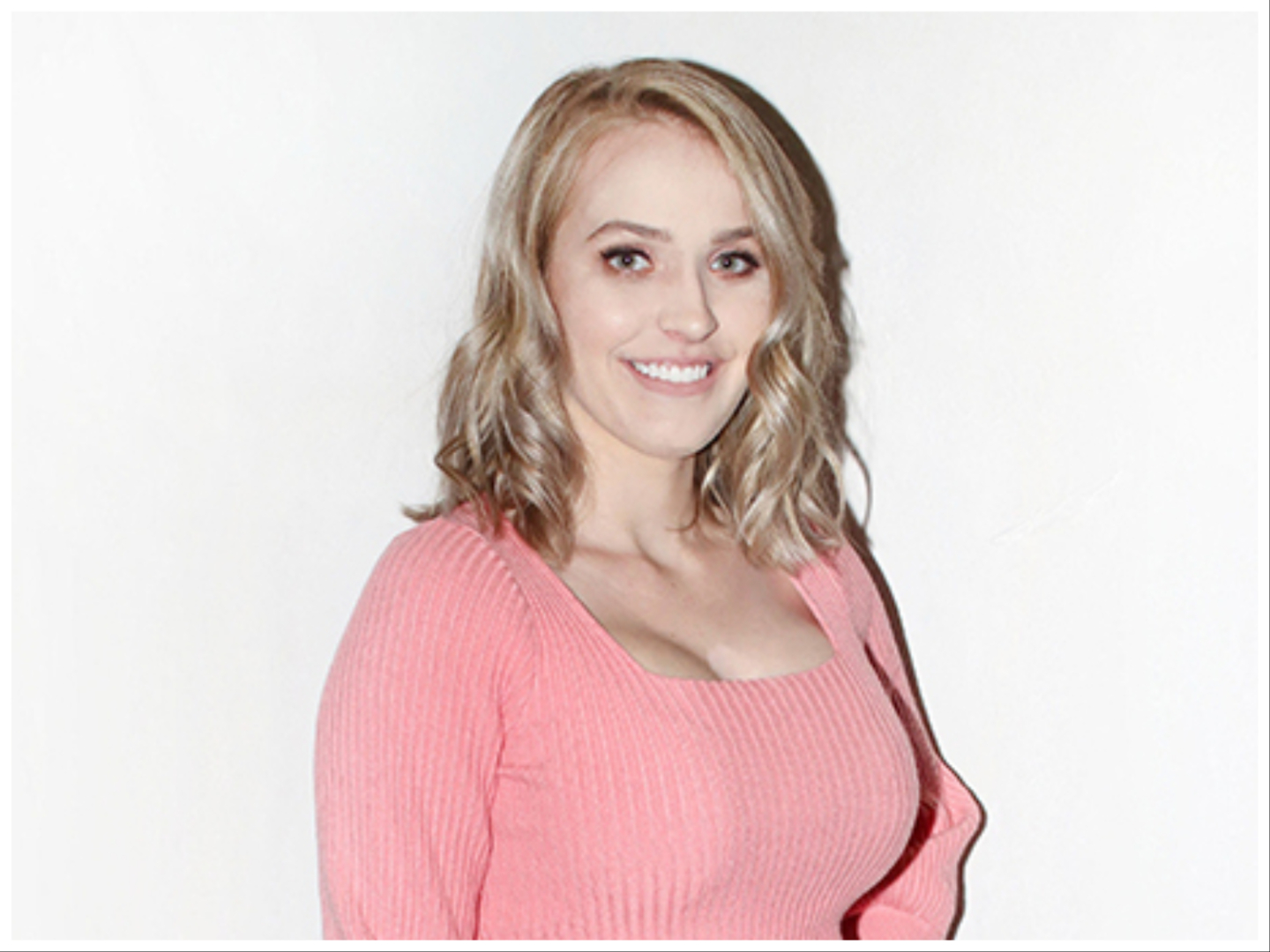Coping With Grief After Cancer
- The family of Anna “Chickadee” Cardwell shared what it’s like for them to cope as their loved one battled stage 4 cancer. During a recent episode of their reality show “Family Crisis,” the weight of Cardwell’s diagnosis took an emotional toll on the family especially Cardwell’s mom, June “Mama June” Shannon.
- Cardwell was diagnosed with adrenal Carcinoma last year. This type of cancer is also called adrenocortical cancer. It’s a rare cancer that starts in one or both small, triangular glands (adrenal glands) located at the top of your kidneys. Symptoms usually include stomach pain.
- When dealing with stage 4 cancer, efforts tend to shift from seeking a cure to learning how to live with your disease and managing your symptoms.
- Cardwell died earlier this year after the reality TV show was taped. Losing a loved one to cancer is an incredibly emotional time that comes with grief. The grieving process comes in stages: denial, anger, bargaining, depression, and acceptance.
- These labels help us frame and identify what we may be feeling, and these stages can occur in any order.
- New York-based clinical psychologist Dr. Marianna Strongin says it may be helpful to remind yourself that these feelings are “meaningful yet temporary.”
The family of Honey Boo Boo wrestled with the many uncertainties surrounding Anna “Chickadee” Cardwell’s stage 4 cancer diagnosis in a recent episode of their reality TV show “Family Crisis.” Cardwell passed away earlier this year after nearly a year-long adrenal carcinoma (ACC) diagnosis.
Adrenal Carcinoma, which is also called adrenocortical cancer, is a rare cancer that starts in one or both small, triangular glands (adrenal glands) located at the top of your kidneys, the National Cancer Institute says. Symptoms for this type of cancer usually include stomach pain.
Read More
The show touches on an emotional reality many families impacted by cancer endure. “Mama June” turned to social media to continue sharing the impact of losing her firstborn.
“Some days are good, and some days are rough, and I tell y’all that all the time it’s not fair. Kylee and Kaitlyn lost their mother. I lost my firstborn daughter, and the girls lost their sisters. It doesn’t get better as the days go along. Honestly, I talk to her often, and Kaitlyn reminds me so much of her mom, and Frida was only 2 months [Anna Cardwell] left us to continue to show her page love,” Shannon said in an Instagram post.
View this post on Instagram
Helping You Cope with Grief
Chicakdee’s Journey
Cardwell revealed she was diagnosed with stage 4 adrenal carcinoma last year. This rare cancer starts in one or both of the small, triangular glands (adrenal glands) at the top of your kidneys. Adrenal glands make the hormones that instruct every organ and tissue in your body.

Cardwell, a mother of two, underwent immunotherapy, which involves using the body’s own immune system to target cancer cells. Immunotherapy has shown great promise to help treat a wide range of cancers, according to Dr. Steven Rosenberg, Chief of Surgery at the National Cancer Institute.
“Using a patient’s own immune cells is a very complex way to treat a cancer,” Dr. Rosenberg said. His team has developed methods for genetically modifying a patient’s own immune cells “to recognize the cancer in a new way” and to kill it. There have been major breakthroughs.
As previously noted, she also received chemotherapy to help treat her cancer. Among the side effects she’s dealt with was the emotional stage of hair loss.
Hair loss usually begins about three to four weeks after chemotherapy and continues throughout treatment. It happens because this treatment targets quickly dividing cells throughout the body. That includes cancer cells but also hair cells.
WATCH: Coping with hair loss during cancer treatment.
On a positive note, most people can expect hair regrowth four to six weeks after treatment. However, when your hair grows back, you may notice some changes in its color and texture. If losing your hair is a concern for you before cancer treatment, know you have options like wigs, hats, wraps, and scarves, among other things.
It remains unclear how much more chemotherapy Cardwell has left and what other treatments await her along her cancer journey.
Although Cardwell’s cancer journey was arduous at times from treatment, she maintained a positive attitude throughout. Her social media posts last year since her diagnosis often showed her smiling and enjoying herself with her family.
Help Coping After Losing a Loved One to Cancer
It took the award-winning artist a while to cope with losing her beloved mom after cancer. SurvirorNet wants you to know that grief may look different for everyone if you have lost a loved one.
The stages of grief are denial, anger, bargaining, depression, and acceptance. These labels help us frame and identify what we may be feeling. These stages can also occur in any order.
The time it takes to navigate these stages can also vary, so giving yourself grace and patience while navigating your feelings is important.
“It often gets better over time, but on certain days, it can look like depression, and on other days, people look perfectly normal and can function,” Dr. Scott Irwin, a board-certified psychiatrist and Director of Supportive Care Services at Cedars-Sinai Medical Center, previously told SurvivorNet.
Dr. Irwin added that grieving people are coming to terms with “the change in their life; the future they had imagined is now different.”
New York-based clinical psychologist Dr. Marianna Strongin says it may be helpful to remind yourself that these feelings are “meaningful yet temporary.”
“If you approach them with compassion, kindness, and eventually acceptance, you will come away from this period in your life more connected to your resilience and strength,” she wrote for SurvivorNet.
Learn more about SurvivorNet's rigorous medical review process.

